The Coaches’ Perspective: Future Readiness Lab already making its mark on students
One striking change Deer Lakes High School Counselor Taylor Austin sees in the team of students she’s coaching in the Future Readiness Lab is their level of accountability. Carlynton High School Transition Coordinator Jerry Pepe has noticed that as well, but perhaps even more significant to him, is how his team’s confidence level and communications skills have strengthened.
Based on several interviews over the past month, their views were representative of educators serving as Lab Coaches. Everyone interviewed identified personal growth as well as gains in skills that ready students for the workplace among the Lab’s key outcomes.
Launched last fall with funding from The Heinz Endowments, the Lab is a pilot program that takes a novel approach toward preparing students for post-secondary education and career choices as well as for contributing to their communities. It is part of The Pittsburgh Readiness Institute, a major initiative that The Heinz Endowments is undertaking in collaboration with Penn State University.
The Lab’s curriculum revolves around five big questions: Who am I? Who do I want to become? How do I get there? How do I continue to learn? How do I give back to my community?
Diverse teams of students from eight schools participate in the pilot, including Pittsburgh Brashear, Clairton City, Hampton, Montour, Penn Hills and Woodland Hills high schools, in addition to Deer Lakes and Carlynton.
Teams meet weekly with their Coaches and Consortium staff. Between meetings, students complete assignments and get access to a variety of virtual career learning experiences. In the final months of the school year, the teams also are expected to take on community projects.
When the program kicked off in October, Austin said she found herself reminding her students at Deer Lakes to attend all the sessions and do their Lab work. Five months in, everything has changed. Her students are keeping up with assignments on their own, emailing her with questions and reaching out to let her know if something—like a doctor’s appointment—might keep them from making a meeting.
“It’s not just accountability, it’s responsibility and time management,” Austin said, noting high school juniors often don’t develop those skills “until they’ve held their first jobs” because typical school days, built around bell schedules and classroom routines, don’t call on them for as much self-direction or individual planning.
Like Austin, Pepe said his students have grown tremendously. “It’s been 1,000 percent. It’s gone from them being completely silent for the first few meetings…to them taking the initiative of starting a conversation, maybe about their community project, or taking on tasks for the project that they might not normally do.”
Since the pilot began, students have taken deep dives to answer the Lab’s guiding questions. Among other ways, they’ve used the “Predictive Index” to gain insight about traits, such as their communications styles and collaborative approaches, that not only influence their group dynamics, but also might suit them for different kinds of work. Additionally, each has done three career explorations and homed in on one of particular interest. They’ve also done video presentations and currently are recording reflections with SLB Radio.
Much of the growth their Coaches see likely has come from greater self-understanding and the self-assurance it can bring, said Christy Kuehn, PhD, one of the Consortium Program Directors who organizes the Lab.
“Through the work we do with them, and the Lab’s emphasis on imagining their futures, students have to take a close look in the mirror,” she said.
“In the busyness of a school year, sometimes this kind of introspection is an afterthought,” added Program Director Jenn Sethman, who also helps organize the pilot. “The Lab sets it as the priority, “We’re starting from the premise that, without intentional work around these questions, many students can end up either without a real plan for the future, or with a plan that doesn’t fit.”
Giving students the space and time for self-exploration has had a remarkable impact, said Amber Niedomys, who coaches a Lab team at Pittsburgh Brashear and knew of at least one student for whom the Lab inspired a complete change of direction.
The young man she had in mind is a good student who intends to go to college, but beyond that, had seemed ambivalent about his plans, she added. “It was kind of like, “I guess I’ll just be a lawyer. But based on some of the things we’ve done in the Lab, he’s decided he wants to become a psychiatrist.”
“I think it’s a much better fit for him than being a lawyer, just based on what I know of him as a person,” she said. “It’s something he’s selected based on his skills and what he’s learned about himself.”
Like others interviewed, Niedomys has found that such changes have made the Lab a rewarding experience not just for the students, but also for the Coaches.
“We’re providing the space for kids to reflect on what it is they care about, who it is they are and what it is they want to do with their futures, and after we provide that space, we’re helping them build a plan to achieve it,” Niedomys said. “For me as an educator, well, right there is why I became a teacher.”
From her standpoint, the whole experience “has been exhilarating.”






